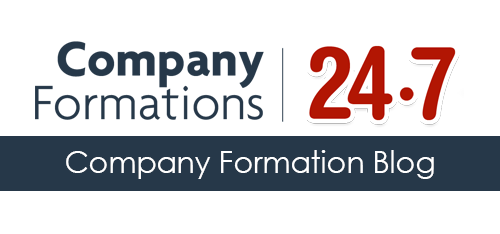Data mining for business, how important is it? Over the last few years, data has not only become a valuable tool for marketing but it has also transformed into a viable commodity that businesses can buy and sell to make money.
Talk to any successful business and you’ll find that data is important. It’s the lifeblood that helps success. Whether that’s simply the number of sales made each month or the demographic of the customers most likely to buy a certain product, it’s an area of commerce that has expanded considerably since the age of the internet.
Big data is everywhere.
Data mining
The more information you have about a particular subject or area, the better decisions you can make. Our attachment to the internet and digital tech has made the collecting of data much easier. We’re now used to the concept of big data where all this information is used to come up with sophisticated solutions. All businesses nowadays collect data about their customers.
We’re not talking about names and addresses and credit card numbers here. We’re talking about demographics and buying habits or where we go to find information on the internet to name just a few. This data has become invaluable in helping companies like Amazon develop their shopping algorithms or governments create brand new policies that will go down well with citizens or even help them win an election.
While it all sounds a little too ‘Big Brother’ for some, big data can actually be very useful and provide huge benefits for society as a whole, not just for businesses. The problem is that interpreting billions of units of data and coming up with meaningful correlations has stepped way beyond the capabilities of a lone statistician looking at a spreadsheet. It requires a good deal of computing power to unpick the miasma of information and produce meaningful and accurate results.
How data mining works for your business
Big corporations use big data to inform their growth strategies. It gives them a competitive advantage. Smaller businesses can now access this information routinely and develop marketing that is more targeted and reaches the right individuals for their needs.
Facebook, for example, gathers large amounts of information about its users which companies and organisations can then access to make sure their ads reach the right people. When you use Facebooks ad service, you can split your marketing activity into fairly tight demographics – not only targeting people of a certain age or gender, but those who are into certain activities that make it more likely they will buy your product. You can’t do that without big data.
But there is also another way that businesses can leverage their own data. They can sell it to help add to their bottom line. For most businesses, their data sits on a conventional CRM where they use it to analyse things like sales and how marketing campaigns are working. It’s a by-product of their everyday actions and most don’t utilise the potential revenue that this kind of information can deliver.
There are companies that are willing to buy your data and for many businesses this could provide an important revenue stream in the future. There are important things to consider here, of course.
Firstly, much will depend on the amount of data you produce and how you collate it. Smaller businesses will necessarily have less data than big corporations, but that doesn’t mean you can’t sell it.
Secondly, there is a cultural issue. Your customers may not be too happy to have their personal data used in this way. Most of this reticence comes from a basic misunderstanding of what data mining is and what kind of information is used, though our thinking in this area is beginning to change.
Data mining can be useful to third parties. Toyota has sold the data produced by its car GPS systems in Japan to local government so that traffic can be better monitored and traffic flow improved. A company that develops crop seeds uses its huge data base to develop an online system that provides personalised advice to farmers about what to plant in particular soil types. When it’s put like that, most people can see the benefit of using big data in a variety of different ways.
Selling your data
In the past, data mining companies have taken their information from a variety of sources. There are now brokers that have been set up to deal in selling data. There are even apps coming onto the market that allow you to sell your own data and potentially make money from it.
It’s likely that, over the next decade or so, data mining and data selling are going to become a natural part of our lives, despite the initial discomfort of giving what is perceived as our personal information away.
Businesses will use it as a way of adding to their revenue stream and will incorporate this at the startup stage as a matter of course. It may just be time for your SME to consider how it can leverage this valuable resource.



